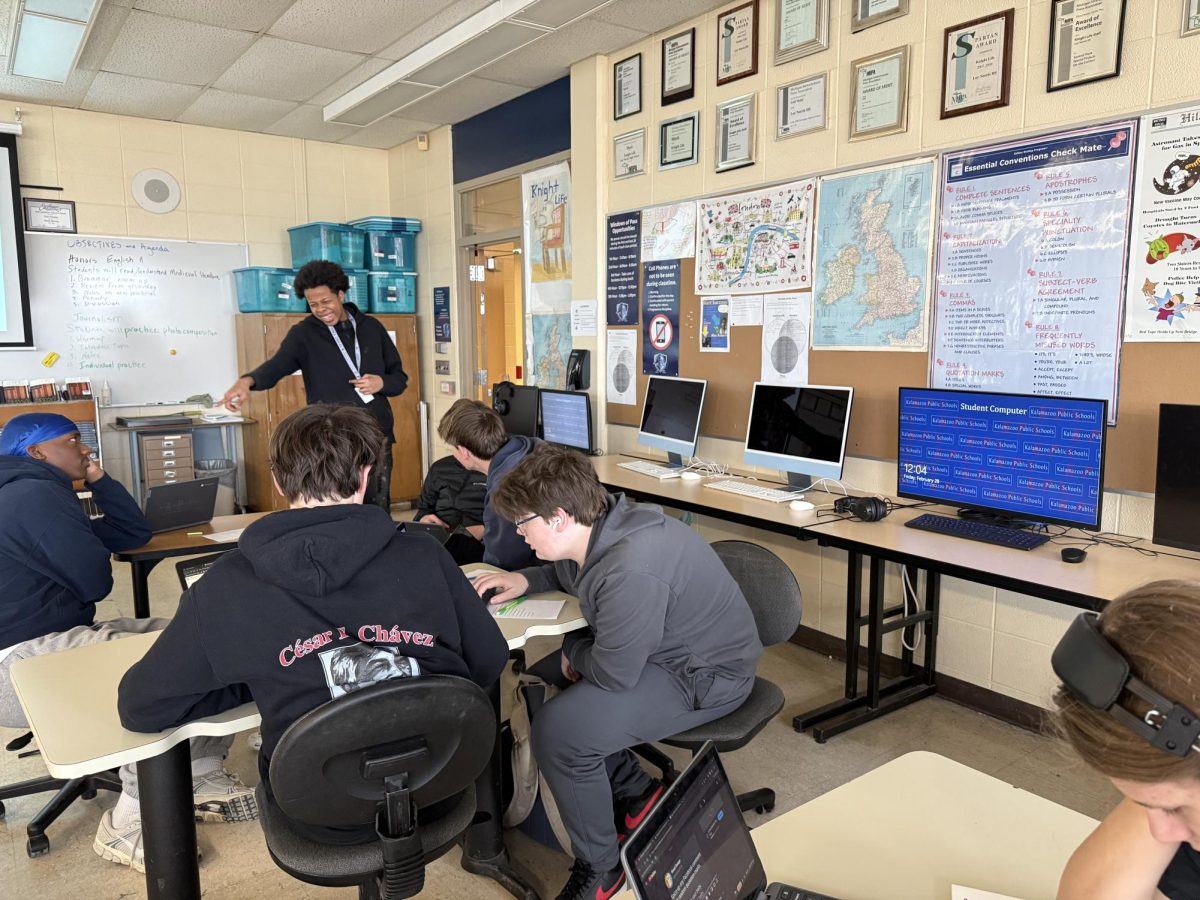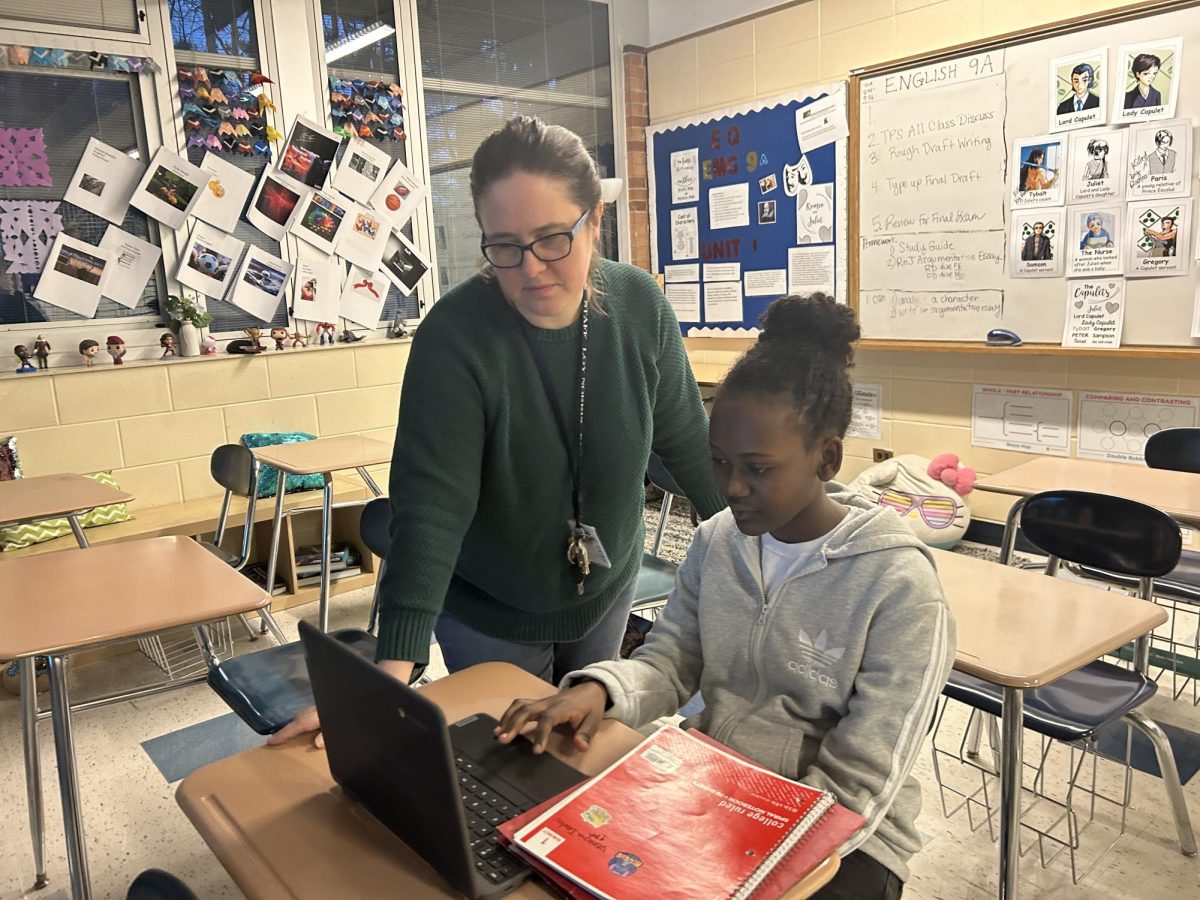In high schools throughout America, including Loy Norrix, students struggle everyday to manage their time throughout their daily lives, both in and out of school.
Students, like junior Leah Sparks, have found that managing their schoolwork with extracurriculars such as sports and jobs can be very difficult and stressful.
“I have found it easier to manage school over the years by utilizing my time in classes,” said Sparks, “Yet, if I miss a day, I fall behind.”
Missing classes can make it very difficult on days that Sparks has to be out for a swim meet, gymnastics competition or because of personal reasons. Even missing a single day will cause Sparks to face many difficulties due to her teachers and the workload from her AP classes.
“Three out of my five teachers are understanding, and with AP courses comes a large workload with very little time to complete,” said Sparks.
Sparks adds that after getting home from a two and a half hour diving practice, on top of gymnastics practice four times a week, she typically has about one hour of homework at night.
“I have figured out what works for me and learned to manage my time in classes better, knowing that I won’t have time for all of it after school,” said Sparks.
Utilizing her time in classes has made managing such a large workload much easier for Sparks. However, this is not as easy for underclassmen to do, as they are just getting into the flow and workload that comes with high school. Learning to balance this schedule can be difficult.
Sophomore Kylie Ruiz has a hard time keeping up with classes while managing a job and playing volleyball. Only one of her five teachers seems to understand the fact that her work, sports, and school duties are a trio that is close to impossible to juggle.
Maintaining this busy schedule can be a challenge as Ruiz attempts to improve her volleyball abilities and at the same time try to maintain exceptional grades.
“You’re trying to make yourself a better player, but also become a better student before you can be a better player,” Ruiz said. “School comes first.”
Teachers do their best to be understanding of students’ busy lives, but it’s not easy for those who teach AP courses.
For English teacher Brianna English, finding a routine that works best for her classroom has come after many years of teaching at Norrix.
“I’m usually willing to give extensions,” English said. “This is on a case by case basis and part of being a student is learning to find a balance.”
While English is willing to accept late work, the grading system is different for her regular courses compared to her AP courses. With regular courses, English takes 10% of points off per one day late work, while AP courses get 50% taken off for work turned in a day after the due date.
“This comes with part of that agreement. Taking AP courses is a choice, versus regular classes being required, ” said English.
Over the years, English has also discovered that giving homework in regular classes is not beneficial because it often won’t get done, due to a lack of concern on the part of the student. For her AP classes, however, all homework she assigns is given for the purpose of discussion and will be talked about in class.
History teacher James Johnson has found it beneficial to give non-AP classes one day per week to take a break from regular lessons. This gives time for his students to take care of homework.
Since he factors in students’ busy lives, Johnson only assigns homework if he gives students multiple days to complete it.
Although some teachers, like English and Johnson, make sure that their students’ busy schedules are being accounted for, many students feel that they aren’t able to balance their school, home, and work lives, so it can be beneficial for teachers to follow their footsteps and factor in this information when teaching classes.








